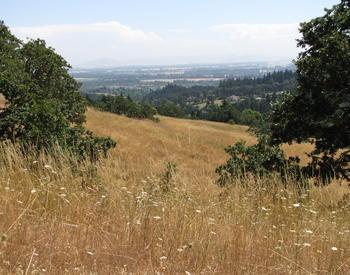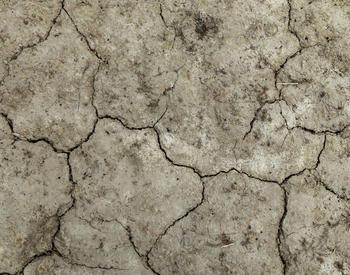Description:
OSU Extension coordinates its efforts on understanding the impacts of climate change on agricultural, forest and marine ecosystems and communities in Oregon. Our science-based resources cover a range of topics, including mitigation strategies, adaptation measures and ways individuals can contribute to environmental sustainability.
Photo Credit: Zack Frank - Adobe Stock (Cropped from original)
Photo Credit: Victoria - Adobe Stock (Cropped from original)
Explore more resources
Short description
A hub for information, providing the community with valuable insights, research, and practical guidance on understanding and addressing climate change impacts in the outdoors and environments of Oregon.



















